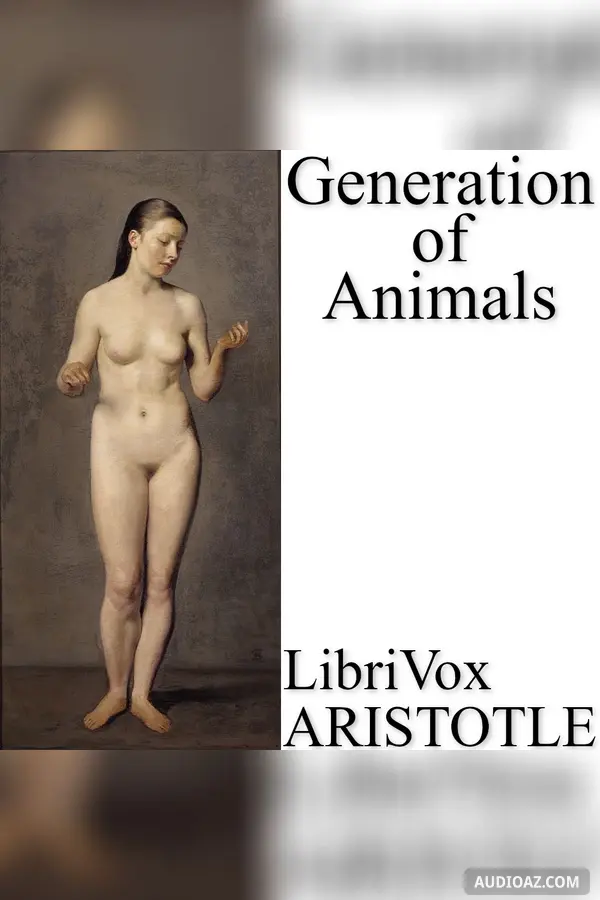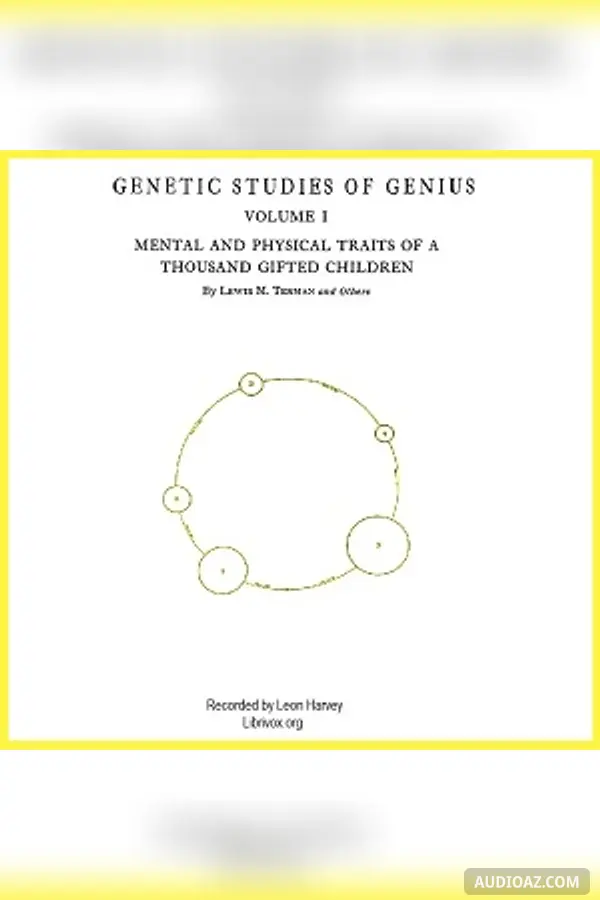
《The Basis Of Morality》 - 免费有声读物
语言:English
1 / 13Translator's Preface and Introduction
- 1. Translator's Preface and Introduction
- 2. The Question and Part I. Chapters 1-2
- 3. Part II. Chapters 1-2
- 4. Part II. Chapters 3-4
- 5. Part II. Note on Ch. 4, and Chapters 5-6
- 6. Part II. Chapters 7-8 and Note on Ch. 8
- 7. Part II. Chapter 9; Part III. Chapters 1-2
- 8. Part III. Chapters 3-5
- 9. Part III. Chapter 6
- 10. Part III. Chapter 7
- 11. Part III. Chapter 8
- 12. Part III. Chapter 9
- 13. Part IV. Chapters 1-2 and Judgement of the Royal Danish Society of Sciences
关于
In 1837, the Danish Royal Society of Sciences offered a prize to any essayist who could satisfactorily answer the question, "Is the fountain and basis of Morals to be sought for in an idea of morality which lies directly in the consciousness (or conscience), and in the analysis of the other leading ethical conceptions which arise from it? Or is it to be found in some other source of knowledge?" The Basis of Morality is the essay submitted in 1840 by German philosopher Arthur Schopenhauer. In it, he first mercilessly deconstructs the prevailing Western theory of morality as championed by Immanuel Kant, among others, before establishing a series of maxims and thought experiments which lead him to a conclusion which points squarely at compassion as the cardinal virtue upon which all morality rests. In the appendix to this essay, he links his own conclusion with the conclusions reached millennia earlier by the authors of the Vedas and Upanishads. The essay was ultimately rejected for the prize despite being the only entry, a minor scandal with some speculation that the result was due in no small part to Schopenhauer's onslaught against Hegel—the judge of the contest being the author of a Hegelian theory of morals. (Summary by Jeffrey Allen Stumpf)
评论
成为第一个评论的人
此内容还没有任何评论。开始对话吧!
查看更多
标签: The Basis Of Morality audio, The Basis Of Morality - Arthur Schopenhauer audio, 现代 audio, 非小说类 audio, 哲学 audio, free audiobook, free audio book, audioaz






